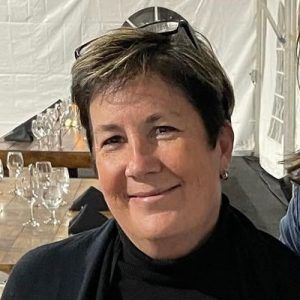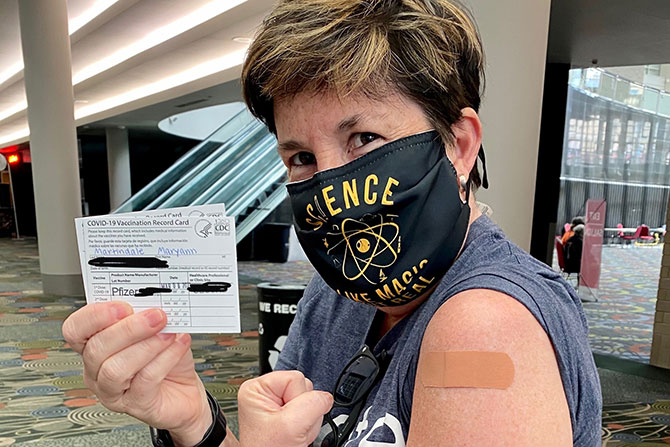This year’s legislative session was a lot of things but boring was not one of them. From the very beginning to the closing gavel, things moved fast and furious. We were constantly on our toes, keeping track of important bills.
As we’ve seen in previous years, there were numerous bills that grabbed headlines, such as the anti-DEI bill for higher education, social media regulations, the transgender bathroom bill and some attempts at thwarting voter access.
UAFP spent the bulk of our time fighting for graduate medical education (GME) funding, protecting the scope of practice and ensuring the safety of medical students, residents, and the general public through bills that impact quarantine options, masking/vaccine requirements and others.
The bulk of our efforts were spent fighting against a very short-sided and ill-informed bill, HB463, Medicaid Funding Amendments, by Rep. Brady Brammer (R, Pleasant Grove). This bill would have essentially killed Medicaid expansion. Its far-reaching consequences would have a significant detrimental impact on Medicaid patients — putting all “optional” services on the chopping block. Optional services just so happen to include well-care visits, behavioral health, prescriptions, pre- and post-partum care, to name just a few of the potentially impacted services.
While it is likely that we’ll see other attempts to thwart the Medicaid expansion voters passed just a few short years ago, we will be working very closely with supportive legislators to mitigate impact and continue helping those most vulnerable among us. UAFP supports guard rails and fiscal responsibility, but our state is in exceptional financial health, and these critical programs are not the place to make cuts. We have been working hard for the past several years to create collaborative relationships with other healthcare organizations, and it was only through our collective action that HB463 was defeated.
It wasn’t all doom and gloom, however. There were many bills passed, including:
- Streamlined physicians’ options on prescriptions, death certificates, and fatality reviews.
- Gabapentin was added to the Schedule V controlled substance list.
- Postpartum Medicaid coverage was funded (passed in 2023 but not funded until this year).
- New pathway for internationally trained physicians with significant guardrails to ensure adequate training and patient safety.
- Numerous anti-tobacco bills.
For a variety of reasons (shortness of the session, time spent on the more “showy” bills), several bills were not passed that UAFP has consistently supported, such as expanding telehealth coverage and increasing payments, requiring insurers to pass through coupons, rebates, or other co-pay type assistance for prescription costs, and a couple really great bills we will push to bring back; one that streamlines the Medicaid application and communication processes, and another to improve the prior authorization process.
The legislative process is a marathon, not a sprint, despite our short session, and often bills that cover complex policy changes take several years to educate and gain sufficient support.
We could not do this important work without the support of our Advocacy Committee. If you love policy or would just like to get more engaged in our work, please consider joining the committee. Your expertise and experience are essential to this work.
Primary Care Day on the Hill
2024 saw the first annual Primary Care Day on the Hill, organized and sponsored by UAFP, the Association for Utah Community Health (AUCH) and Utah Public Health Association (UPHA).
Over 20 different organizations tabled and showcased the incredible work of Utah’s various primary care providers.
Groups were able to spend valuable time sharing their messages and policy priorities with legislators and visitors at the Capitol.
We look forward to making this an annual event.
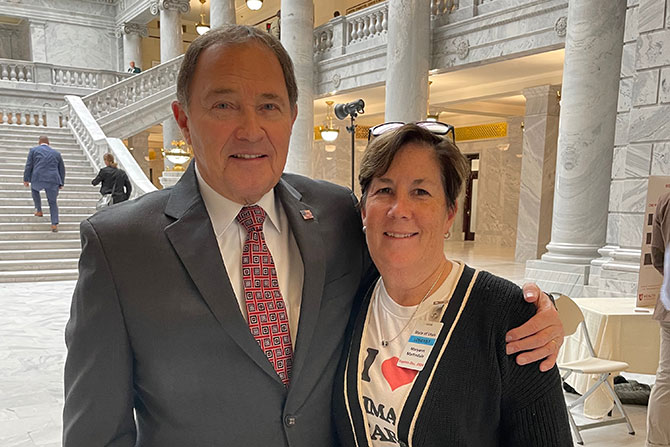
UAFP CEO Maryann Martindale with former Utah Gov. Gary Herbert.
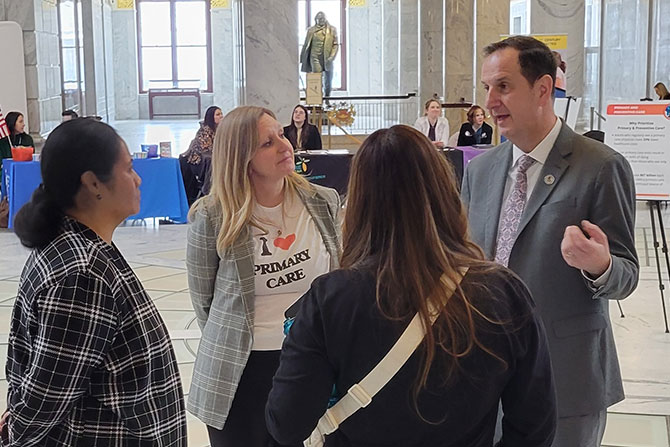
Primary care and public health organizations from around the state set up in the capitol rotunda to educate lawmakers about the importance of primary care in Utah.
Advocacy Day
Our annual advocacy day looked a bit different this year as we joined the Utah Public Health Association for important updates on legislation, policy issues, healthcare trends in Utah, etc.
Our CEO, Maryann Martindale, led a roundtable discussion with legislators, including Reps. Dailey-Provost, Loubet and Stoddard.
This was a fun and educational day during the session, and we enjoyed having family physicians join us on the hill.
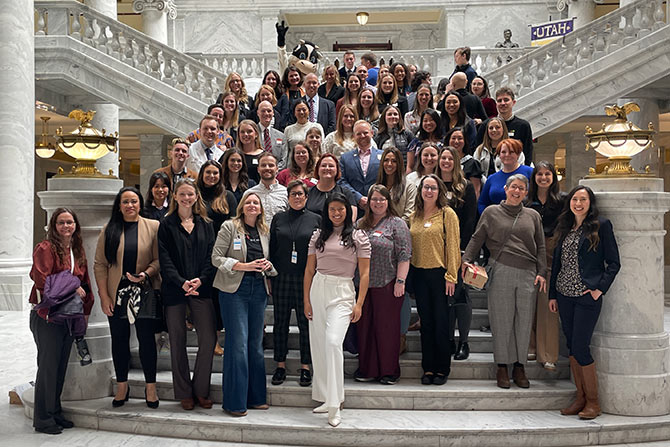
Family physicians and public health professionals from across the state gathered at the Capitol to learn about the legislative process and how to effectively lobby lawmakers.
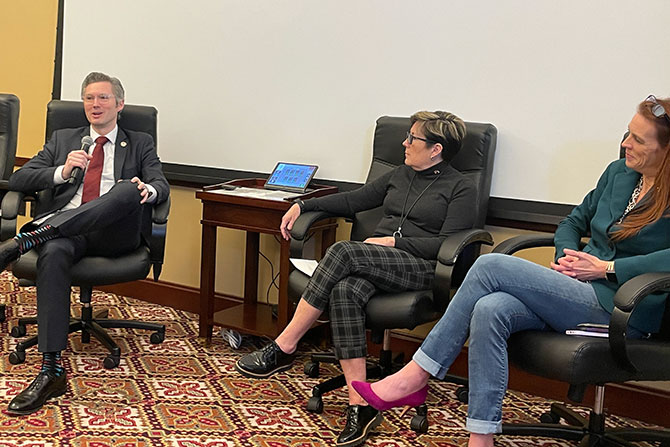
UAFP CEO Maryann Martindale leading a legislative roundtable pictured here with Reps. Anthony Loubet and Dailey-Provost.



